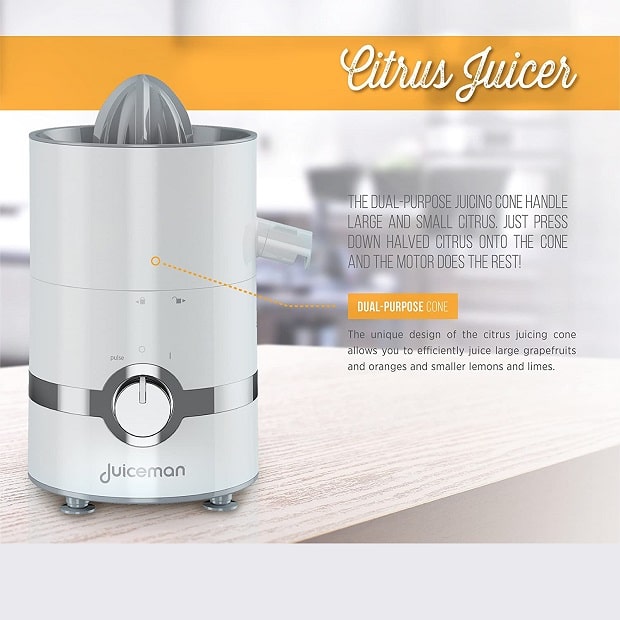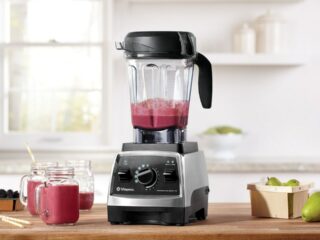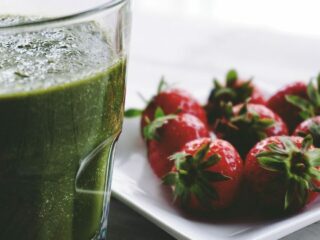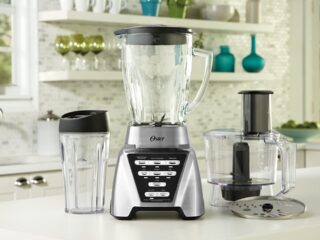This post contains affiliate links. For more information, see our disclosure here.
Fruits are important parts of our diet. They provide some of the most important nutrients necessary to improve the quality of health. This is why doctors and nutritionists insist that we make them a regular part of our meals. This is one piece of advice that is easily forgotten or shrugged off.
However, if you decide to take fruits more seriously, there are various ways to enjoy them. One popular option is juicing. Juicing simply refers to the process of extracting the juices in a fruit. It is an excellent way to extract essential nutrients from fruits without wasting much of them.
Lemon is one fruit that can be enjoyed in a variety of ways, including as a juice. So, if you’re wondering how much juice one lemon provides, you’ve come to the right place. This information is useful when preparing your favorite meal or drink.
This article will answer your question, and also provide other useful information that can come in handy. This includes details about various juicing methods. In the end, you’ll be able to prepare your recipes more accurately.
How Much Juice Can You Get From a Lemon?
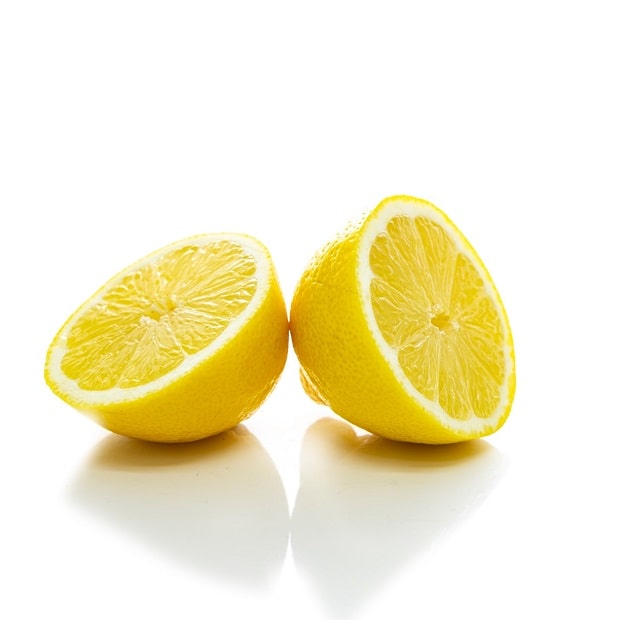
For an average-sized lemon, you can get at least three tablespoons of lemon juice; sometimes, you’ll have more, sometimes less. It is impossible to tell the exact quantity of lemon juice you can squeeze out of a lemon because the fruit differs in size. Some lemons are typically juicier than others, just like oranges.
So many recipes today don’t exactly tell you how much lemon fruit you need, they only tell you the quantity of juice the recipe requires, and you don’t want to end up with too little juice or too much fruit that you don’t need.
When you’re buying lemons, you need to consider the sizes. Smaller lemons would give you less juice, so you’ll need to buy more, while more enormous lemons would give you more liquid, so you can buy less. A small lemon would produce at most two tablespoons of juice, and a large one can produce up to 5 tablespoons of juice. Three lemons yield ½ cup of juice.
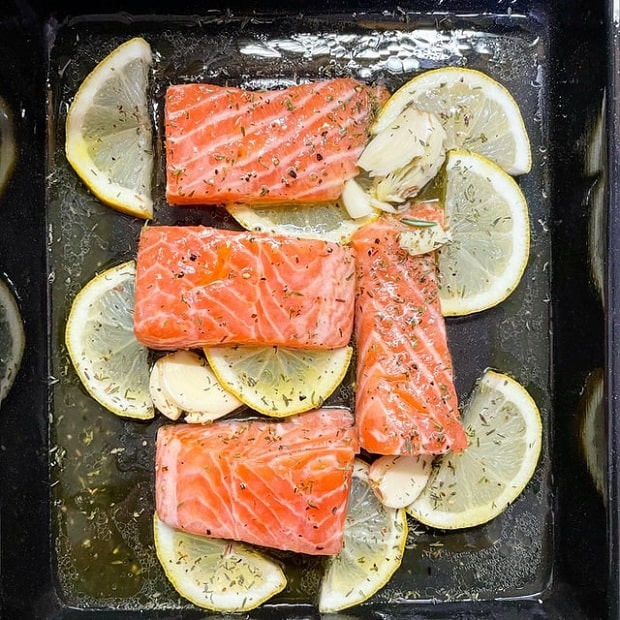
Lemon improves taste and aroma in most recipes, but it also has nutrient benefits. Each lemon has 11 calories.
Furthermore, If you happen to have excess lemon juice, you can refrigerate it for a day or two, or you can freeze it. To store fresh lemons, the fresh fruits and vegetable section of your fridge would be perfect and if it’s half cut already, seal the exposed part with plastic wrap. Also, fresh lemon juice should be consumed within two days to maintain a fresh taste.
We all have those days that you run out of a key ingredient right in the middle of the process, or if you don’t like lemon, you can use lime or grapefruit to substitute. Lime would be better for savory recipes and grapefruit for sweet ones.
How To Squeeze Out The Juice From A Lemon
Here are a few ways you can easily get juice from your lemon:
1. Using a Juice Extractor
This is the easiest and fastest way to get juice from your lemon. A juice extractor is an electronic device that takes only a few seconds to completely press out all the juice from any fruit.
With this machine, you would get the most juice content possible from your lemons, but it may be ridiculous to spend a lot on a device to press our lemon juice when there are so many accessible alternatives.
2. Using a Manual Juice Press:
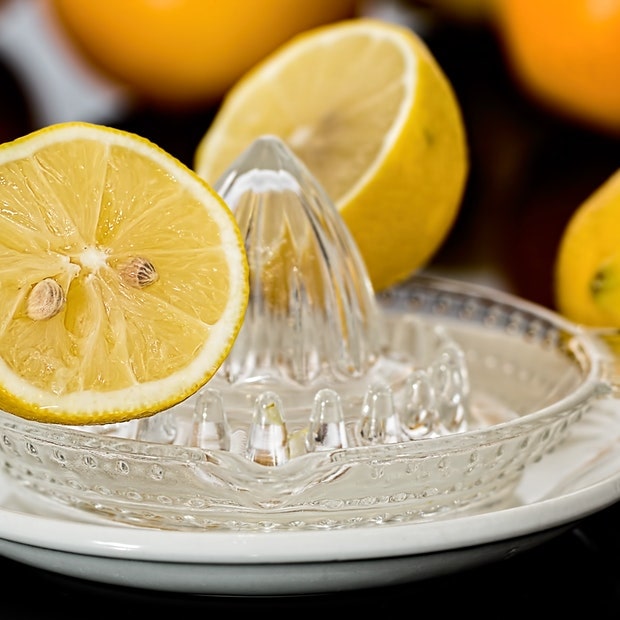
A juice press is a small kitchen utensil that only requires that you cut your lemon in half, place it in the press, then squeeze the juice out completely. The juice press drives out any seeds, so your juice is ready to use immediately after pressing.
3. Squeeze with Your Hands
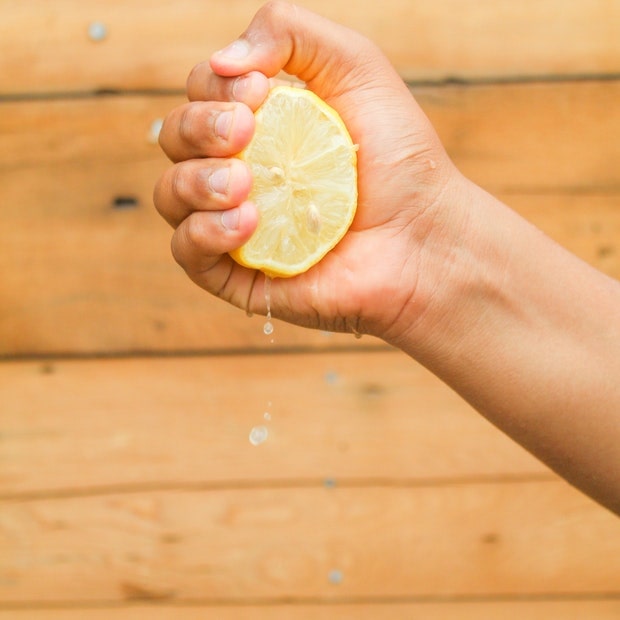
This is the traditional way to juice your lemon, cut your lemon into two halves and squeeze out as much juice as possible. Don’t do this if you have an open cut on your hand. You can use the thin parts of a fork so squeeze out more juice if you are not satisfied after using your hands to press. You can then sieve the liquid to remove seeds or pulp.
Some tips to help you get the most juice from your lemon are:
- Roll the lemon over a hard surface while applying a little pressure with your palm to break down the pulps before you juice.
- You can pour warm water over the lemon and allow it to tenderize for a few minutes before you press. The softer the lemon, the more juice you can get.
What is Lemon Zest?
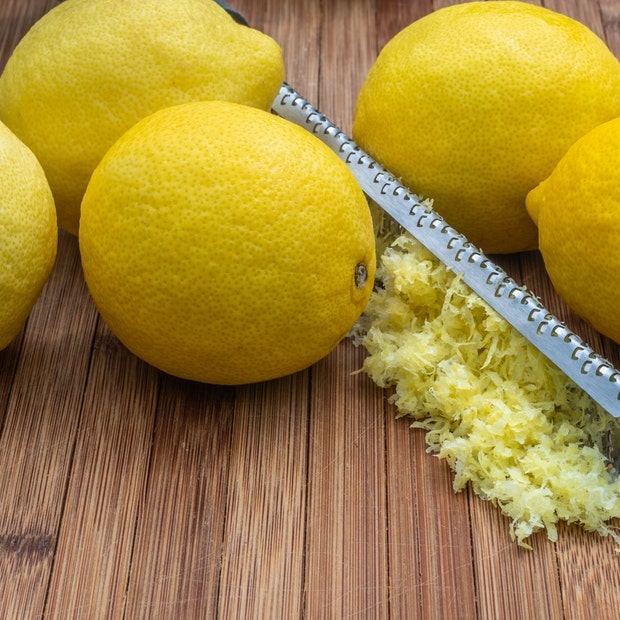
Lemon zest is the outermost part of a lemon’s peel. The oil contained in the zest is concentrated with the sweet aroma and flavor of lemon.
Zest can be boiled or added to the mixture directly. It is the best way to add flavor to a recipe, even better than the juice itself.
You can zest a lemon just by grating off the back and carefully avoiding the bitter white part of the lemon peel. You can also use a knife to peel off the zest. One lemon can produce four tablespoons of zest.
To store lemon zest, all you have to do is put it in an airtight plastic bag and refrigerate it. It can last up to two weeks in your fridge.
You can use it to make food, bake cakes and other snacks, make drinks, decorate food, etc.
Final Thoughts
Lemon is a nutritious fruit from the citrus family. It can easily make its way into numerous meals that we make daily. To enjoy your lemons best, you have to know how to get the most out of them, and this is what this entire article is about, teaching you how to get the full contents from a lemon fruit.
Hopefully, the next time you shop for lemons you will be satisfied with how much good stuff comes with it that you didn’t know.
